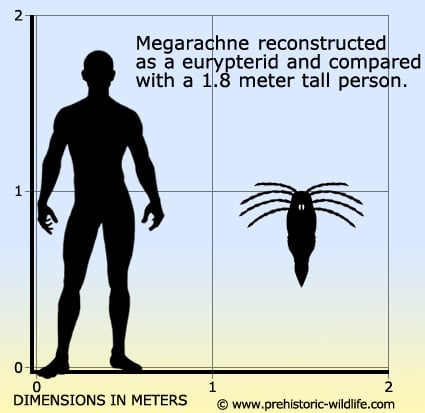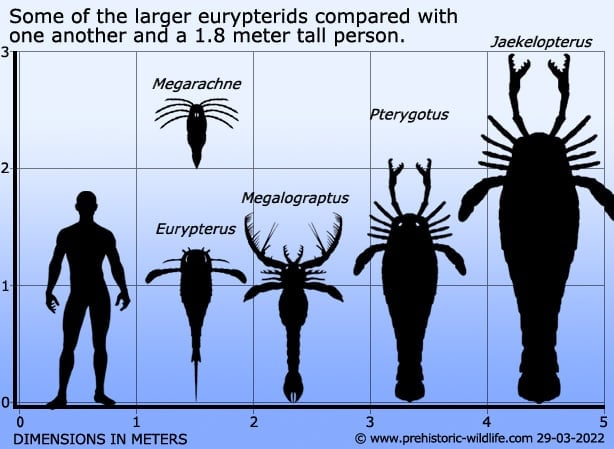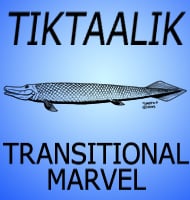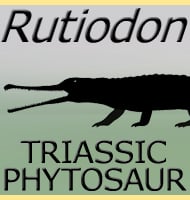In Depth
To begin we need to be clear about one thing: Megarachne was never a spider. Forget what you may have seen in the BBC documentary ‘Walking With Monsters, although in their defence they were following the original fossil study during production, and did change the name to Mesothelae for broadcast to try and prevent confusion. Also this means that previous reconstructions as seen in museums for twenty-five years between its discovery and re-examination have unfortunately been incorrect. Still, this is not the first time that an extinct creature has been incorrectly interpreted, nor is likely the last.
When first discovered the specimen was thought to represent a spider but in 2005, the specimen was re-examined along with a second specimen by Paul Seldon, Jos� Corronca and Mario H�nicken and actually found to be a
Further Reading
– A giant fossil spider (Megarachne servinei) from Bajo de V�liz, Upper Carboniferous, Argentina – Boletin de la Academia Nacional de Ciencias, C�rdoba, Argentina 53: 317–341. – Mario A. H�nicken – 1980. – The true identity of the supposed giant fossil spider Megarachne. – Biology Letters 1 (1): 44–48. – Paul A. Selden, Jos� A. Corronca & Mario A. H�nicken – 2005.











